40 Years of Rap
Hip Hop and The Community
Rap music, a sub-genre of hip-hop, emerged as a form of cultural expression in the late 1970s in the Bronx, New York. Since then, it has become a global phenomenon, inspiring millions of listeners around the world. For many, rap music is a powerful tool for social and political commentary, offering an authentic perspective on life in urban communities. However, as with any cultural phenomenon, the effects of rap on the black community are complex and multifaceted, encompassing both positive and negative consequences.
On the positive side, rap music has been a source of empowerment for many young black Americans, providing a voice for those who have been marginalized by society. Through its lyrical content, rap music addresses issues of racism, police brutality, and socio-economic inequality, shining a light on the lived experiences of black Americans. This has helped to raise awareness of the injustices faced by the black community and has led to increased social and political activism. For instance, rap music has inspired movements such as Black Lives Matter, which seeks to address systemic racism and police brutality in the United States.
Furthermore, rap music has provided a platform for black artists to showcase their talents and achieve commercial success. This has created opportunities for many young black Americans to break out of the cycle of poverty and achieve financial stability. The music industry has also helped to create jobs and generate economic growth in many urban communities.
However, the impact of rap music on the black community is not uniformly positive. One of the most significant negative consequences of rap music is the glorification of violence, drug use, and misogynistic behavior. Many popular rap songs promote a lifestyle that is often associated with criminal activity and substance abuse. This can have a detrimental effect on young black Americans, who may view these behaviors as acceptable or even desirable. This can lead to a perpetuation of harmful stereotypes and contribute to the cycle of poverty and violence in urban communities.
One of the most contentious issues related to the impact of rap music on the black community is the prevalence of misogyny in gangster rap. Many popular rap songs contain lyrics that are derogatory towards women, often portraying them as objects of sexual desire or as submissive and inferior to men. This has led to widespread criticism from feminist groups, who argue that gangster rap perpetuates harmful stereotypes and contributes to the objectification and mistreatment of women. The misogynistic content of gangster rap has been linked to high rates of violence against women in urban communities, contributing to a culture of toxic masculinity and gender-based violence. While some argue that the lyrics of gangster rap are simply a reflection of the lived experiences of young black men in urban communities, others contend that they are a harmful and damaging influence on the black community, perpetuating negative stereotypes and contributing to the cycle of poverty and violence. As with any cultural phenomenon, the impact of gangster rap on the black community is complex and multifaceted, and requires careful consideration and critical analysis.
Furthermore, some argue that the commercialization of rap music has led to the commodification of black culture. Many record labels seek to exploit the popularity of rap music by promoting artists who conform to certain stereotypes, such as hyper-masculinity, aggression, and sexual promiscuity. This can lead to the perpetuation of negative stereotypes about the black community, which can have a damaging effect on the self-esteem and self-image of young black Americans.
In conclusion, the impact of rap music on the black community is complex and multifaceted, encompassing both positive and negative consequences. On the one hand, rap music has provided a powerful voice for the black community, addressing issues of racism, inequality, and police brutality. It has also provided economic opportunities for many young black Americans, helping to break the cycle of poverty in urban communities. On the other hand, the glorification of violence, drug use, and misogynistic behavior in many rap songs has had a damaging effect on the black community, perpetuating harmful stereotypes and contributing to the cycle of poverty and violence. It is essential that we continue to engage in critical discussions about the impact of rap music on the black community, in order to promote a more nuanced understanding of this powerful cultural phenomenon.
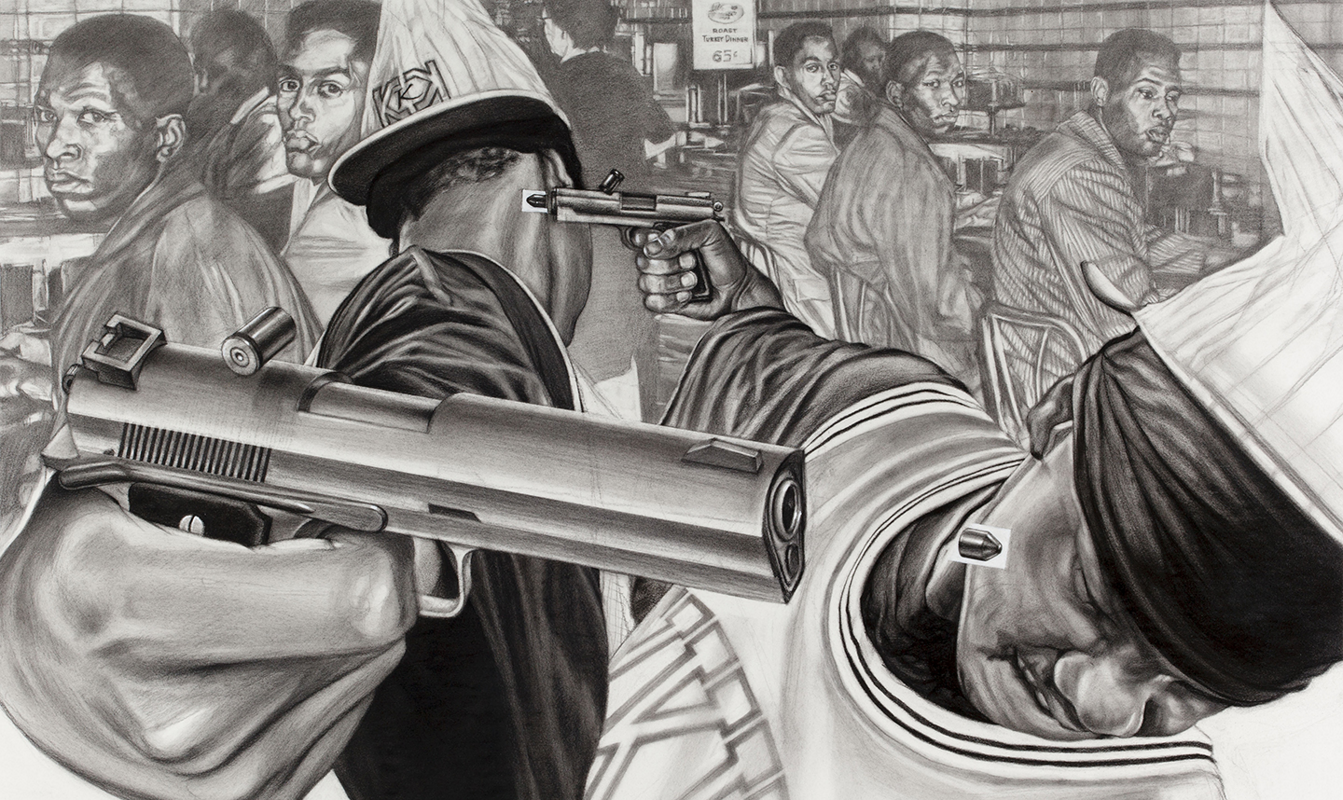

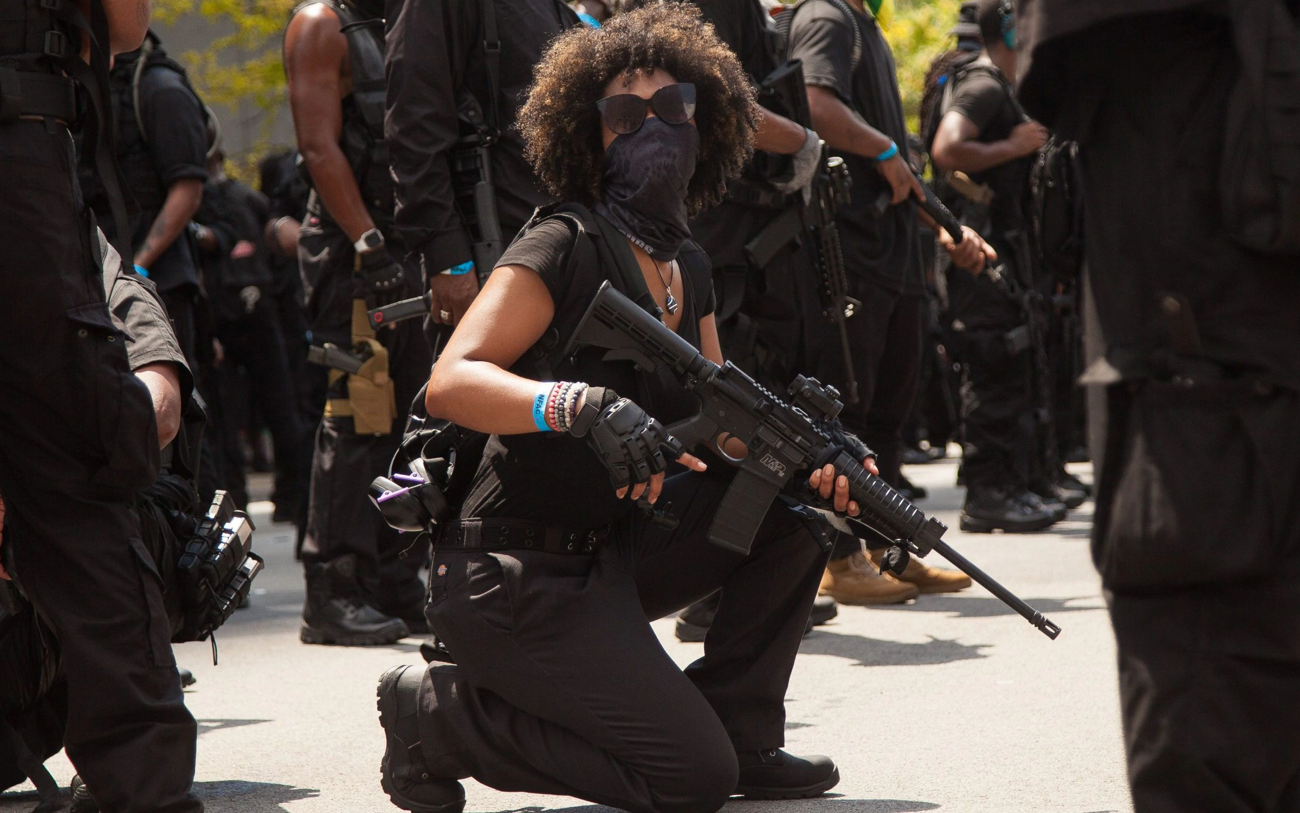
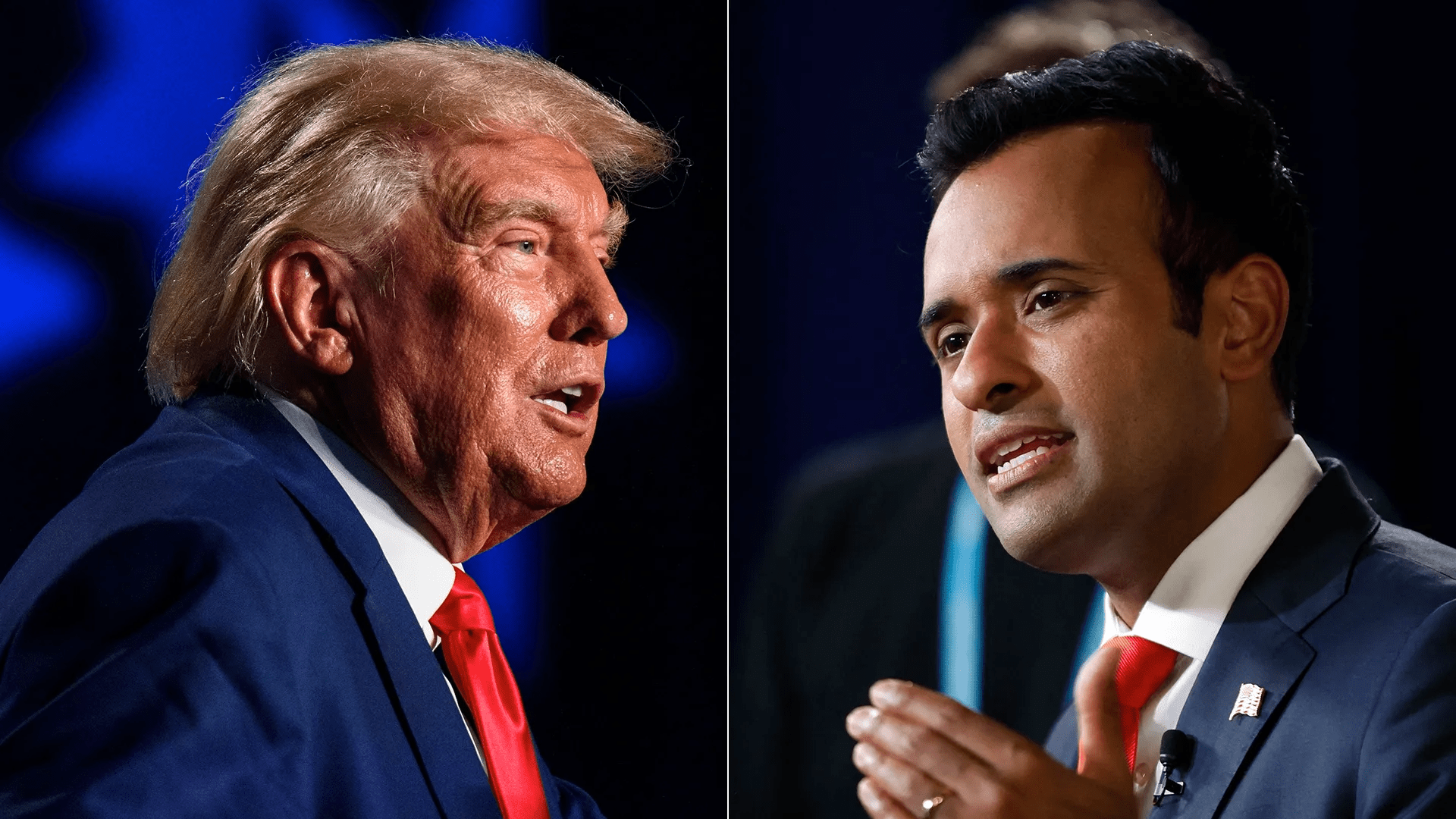
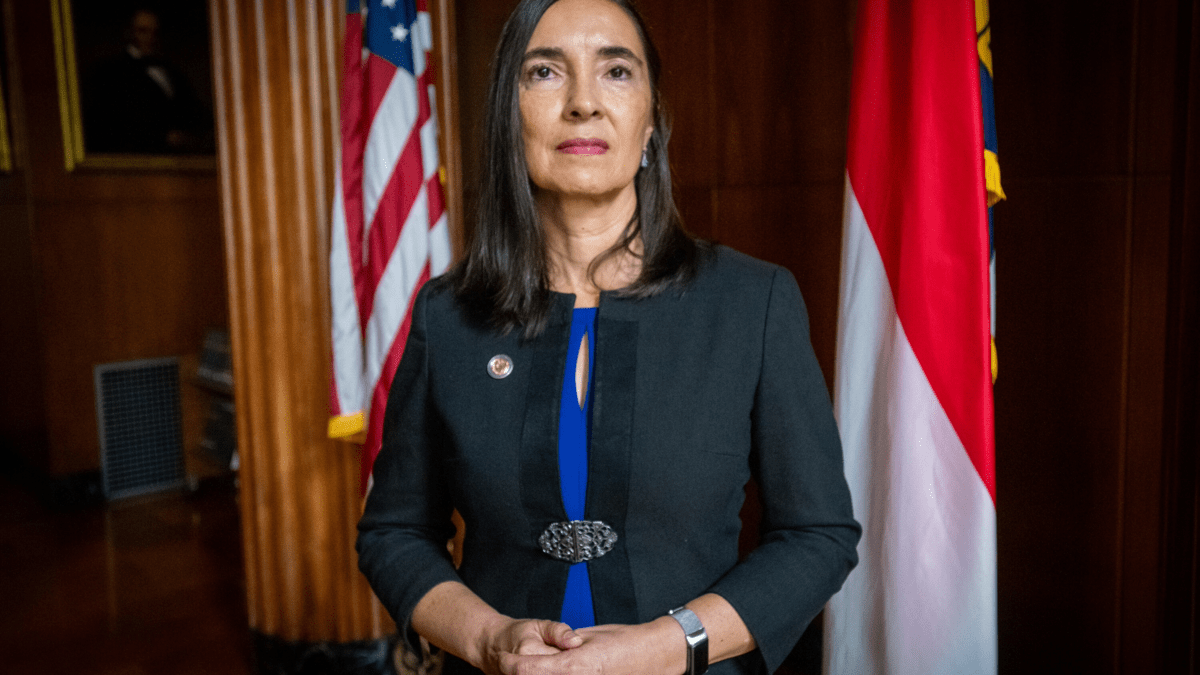
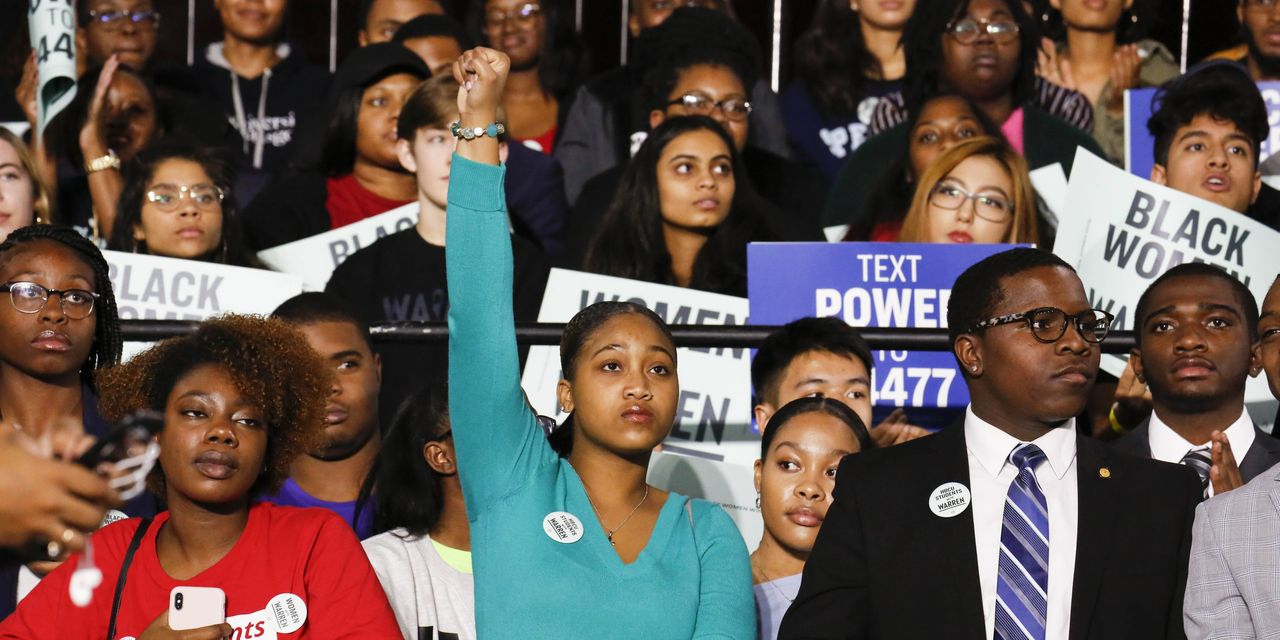
.png)
.png)
Comments